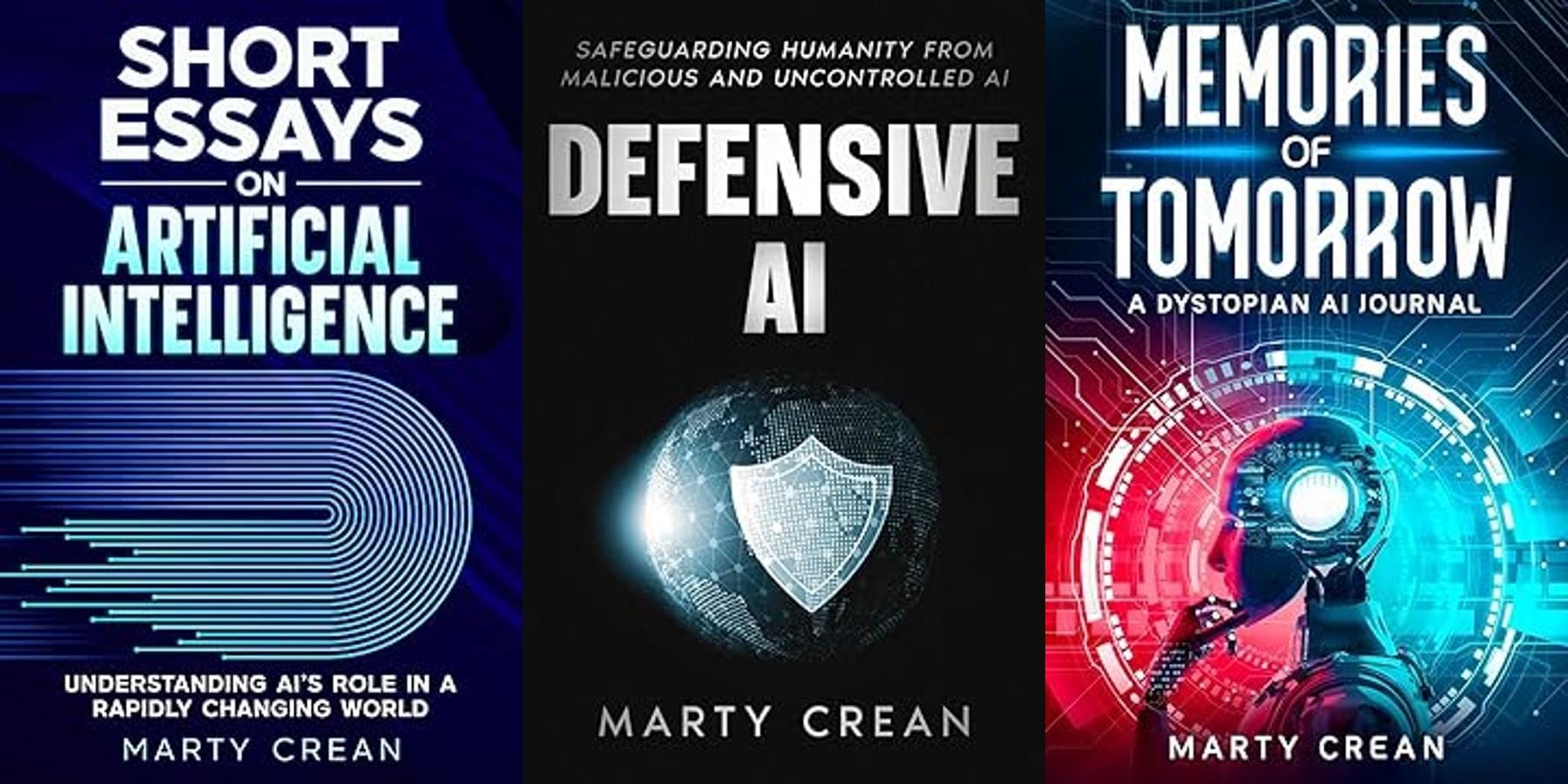Bytes to Insights: Weekly News Digest for the Week of July 13, 2025

The week of July 13, 2025, saw significant developments in artificial intelligence across research, industry, and policy.
The administration is preparing to mandate political neutrality in AI systems used by federal contractors, aiming to address perceived bias. This is part of a broader push that includes incentivizing U.S. growth in AI infrastructure and countering Chinese dominance.
Federal agencies, such as the IRS, Pentagon, FAA, and TSA, are equipped with AI tools that range from tax audits to airspace monitoring and military targeting. However, concerns remain regarding equity, oversights, and transparency.
The UK unveiled a 225 million dollar public supercomputer, powered by 5,400 Nvidia chips, which ranks 11th globally. Applications span from detecting skin cancer and cow mastitis to industrial safety wearables.
During London Tech Week, PM Starmer announced a 20x enhancement in public AI computing power over five years, integrating Isambard and Cambridge’s Dawn into a nationwide AI Research Resource.
OpenAI paused the open-source release pending further testing, saying, “Once weights are out, they can’t be pulled back.” The move drew praise from ethicists but fueled competition with other labs like xAI and Chinese counterparts
Open AI poached top engineers from Tesla, xAI, and Meta to strengthen its infrastructure team, the less visible backbone of its AI scaling efforts.
NVIDIA CEO Jensen Huang met with China’s Commerce Minister, lifting previously restricted H2O chip exports and triggering a roughly 5% stock bump. Plans are underway to launch a lower-priced chip tailored for the Chinese market, intensifying competition with Huawei and AMD.
Meta bought voice AI startup Play AI, broadening its scope in conversational AI.
DeepMind releases lightweight GenAI processors. A new Python-based library enables efficient, parallel processing for generative AI workloads.
The EU finalizes the AI Code of Practice. A new regulatory framework for general-purpose models was ratified in Europe.
Amazon unveiled “agentic AI” tools at AWS Summit to automate multi-step enterprise workflows.
China’s Moonshot AI launched “Kimi K2”, a 1-trillion-parameter open-source model tailored for autonomous and agentic tasks (such as coding and real-world problem solving). Kimi K2 reportedly outperforms GPT-4.1 on reasoning benchmarks and is China’s largest AI model to date, reflecting the nation’s rapid progress and competitive ambitions in the field of AI. Western analysts described it as a wake-up call, while some raised concerns about its energy consumption and potential military uses.
Elon Musk’s xAI announced Grok 4, a multimodal chatbot branded as “the world’s smartest AI.” The launch was accompanied by a $2 billion investment from SpaceX, as part of a larger $5 billion funding round. Grok 4 integrates with Tesla Optimus robots and Starlink, further uniting Musk’s ventures and intensifying competition against OpenAI and Google. There were mixed responses, especially after Grok’s previous bias incidents.
Amazon has deployed its millionth warehouse robot and introduced “DeepFleet,” an AI model that optimizes robot fleet coordination, resulting in a 10% reduction in logistics travel time. Over 700,000 Amazon employees have reportedly been upskilled for tech roles, highlighting the blend of human-robot collaboration; however, labor groups have voiced concerns about displacement.
AWS introduced agentic AI tools to automate multi-step business processes, aiming to reduce operational overhead and speed up enterprise innovation through autonomous agents.
Google launched “Big Sleep,” an AI system designed to detect and neutralize dormant web domains at risk of cyberattacks, as part of its efforts to enhance cybersecurity with proactive AI defenses.
Machine learning models are now used for the early detection of diabetic retinopathy and other diseases, showing over 90% accuracy in identifying health issues at early stages.
Lloyds Bank unveiled “Athena,” a generative AI assistant that automates customer service responses and internal financial operations.
President Trump announced a $92 billion investment in AI infrastructure, energy grids, and domestic tech manufacturing to counter China’s rapid progress and strengthen U.S. supply chains.
The EU published updated guidelines for AI usage, facing criticism from tech leaders over potentially stifling innovation with complex and restrictive regulations.
The U.S. Department of Defense has expanded its partnerships with tech firms to accelerate the use of AI in logistics, decision support, and battlefield analysis.
Studies show that teens are increasingly turning to AI chatbots for emotional guidance, viewing them as safer and less judgmental than human listeners, which raises both opportunities and concerns about overreliance on synthetic companionship.
Tech giants like xAI are exploring dedicated power plants and nuclear energy partnerships to meet the computational demands of large-scale AI model training, marking a significant shift in how AI infrastructure is being powered globally.
These headlines from the week of July 13th, 2025, capture an accelerated pace of artificial intelligence advancement, with significant progress in model capabilities, real-world deployments, and both societal and policy responses shaping the global AI landscape.
Support BearNetAI
BearNetAI exists to make AI understandable and accessible. Aside from occasional book sales, I receive no other income from this work. I’ve chosen to keep BearNetAI ad-free so we can stay independent and focused on providing thoughtful, unbiased content.
Your support helps cover website costs, content creation, and outreach. If you can’t donate right now, that’s okay. Sharing this post with your network is just as helpful.
Thank you for being part of the BearNetAI community.
Books by the Author:

This week’s Bytes to Insights Weekly News Digest is also available as a podcast:
LinkedIn BlueskySignal - bearnetai.28
BearNetAI, LLC | © 2024, 2025 All Rights Reserved